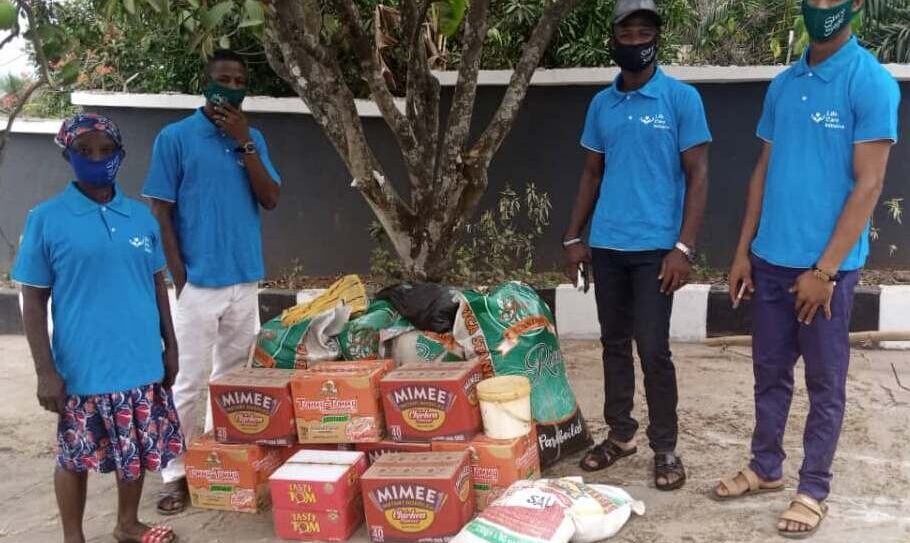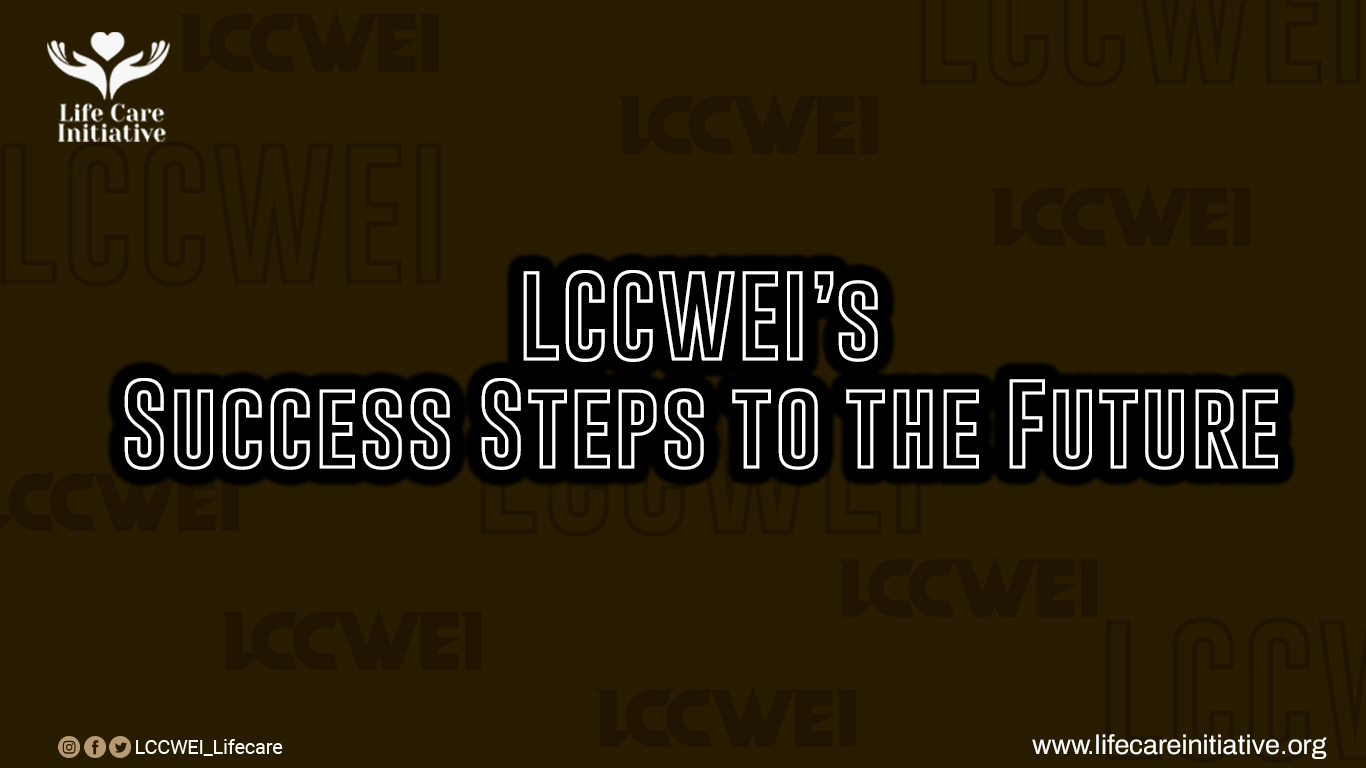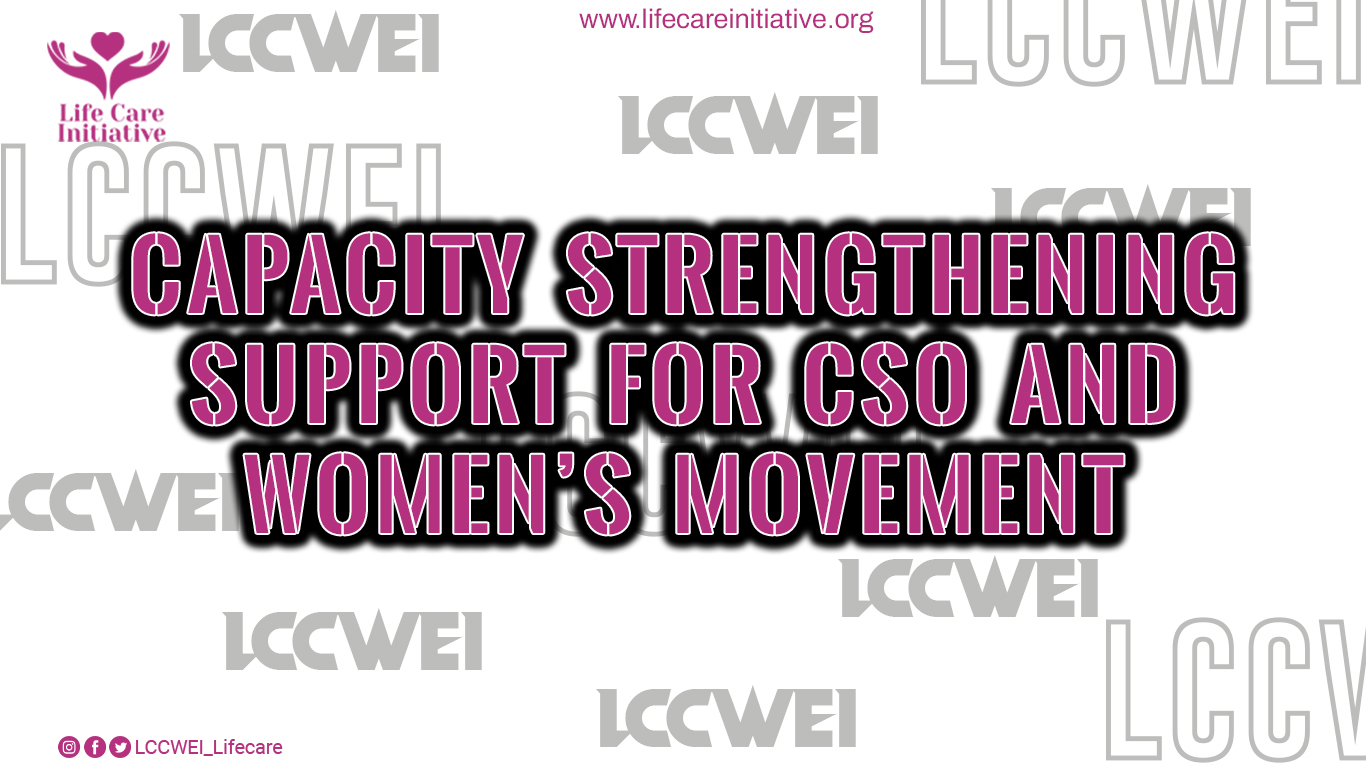Feed the hungry & improve health
Millions of people across the world cannot afford a healthy diet and the need for regular access to nutritious food due to the increasing life challenges including climate change. There is need to arise and reach out to the families in dire need of food and help them put a basic meal on their tables.
Many of people worldwide are at risk of contracting a life-threatening endemic disease because they don’t have access to healthy meals. When you donate to feed the hungry, you’re helping to save lives.
Poor feeding and nutrition is associated with infectious diseases that affect both the young and the elderly. Feeding and fighting infectious diseases go hand-in-hand. Imagine your newborn baby has horrible diarrhea. You have no idea what to do. Or maybe you do, but there’s no way to get your hands on the medicine you need. You watch your child die from a disease you know is completely curable.
Over 7,500 children die every day from diseases that are easily treated with proper care — including diarrhea.
Donations to effective charities help provide life-saving interventions, from educational radio spots for new parents by Life Care Initiative programs for door-to-door health promoters. Poor feeding and nutrition is associated with infectious diseases to both the young and elderly. Imagine every night when you go to sleep, you lie awake afraid your children will be bitten by a mosquito carrying malaria and die. You know that a $2 insecticide-treated bednet will keep your children safe for three years — but there are no bednets available in your community. What do you do?
Malaria kills around 260,000 children every year. It’s the single largest killer of pregnant women. These deaths are 100% preventable.
Malaria is the second most common cause of infectious disease-related death in the world. Supporting highly effective infectious disease charities will help close the funding gap bringing resources to regions like sub-Saharan Africa, where about 90% of children who die from malaria live.
Think back to when you were 15 years old. You’d like to go to college and start your own business, but you’re being pressured by your boyfriend, your family, and your community to start having children instead.
There are 214 million women and girls in the developing world who want contraception, but can’t access or afford it.
Millions of people across the world cannot afford a healthy diet and the need for regular access to nutritious food due to the increasing life challenges including climate change. There is need to arise and reach out to the families in dire need of food and help them put a basic meal on their tables.
Many of people worldwide are at risk of contracting a life-threatening endemic disease because they don’t have access to healthy meals. When you donate to feed the hungry, you’re helping to save lives.
Poor feeding and nutrition is associated with infectious diseases that affect both the young and the elderly. Feeding and fighting infectious diseases go hand-in-hand. Imagine your newborn baby has horrible diarrhea. You have no idea what to do. Or maybe you do, but there’s no way to get your hands on the medicine you need. You watch your child die from a disease you know is completely curable.
Over 7,500 children die every day from diseases that are easily treated with proper care — including diarrhea.
Donations to effective charities help provide life-saving interventions, from educational radio spots for new parents by Life Care Initiative programs for door-to-door health promoters. Poor feeding and nutrition is associated with infectious diseases to both the young and elderly. Imagine every night when you go to sleep, you lie awake afraid your children will be bitten by a mosquito carrying malaria and die. You know that a $2 insecticide-treated bednet will keep your children safe for three years — but there are no bednets available in your community. What do you do?
Malaria kills around 260,000 children every year. It’s the single largest killer of pregnant women. These deaths are 100% preventable.
Malaria is the second most common cause of infectious disease-related death in the world. Supporting highly effective infectious disease charities will help close the funding gap bringing resources to regions like sub-Saharan Africa, where about 90% of children who die from malaria live.
Think back to when you were 15 years old. You’d like to go to college and start your own business, but you’re being pressured by your boyfriend, your family, and your community to start having children instead.
There are 214 million women and girls in the developing world who want contraception, but can’t access or afford it.






One Comment
Hannah
I was led to this page
I love what you are doing and your resilience it will surely grow